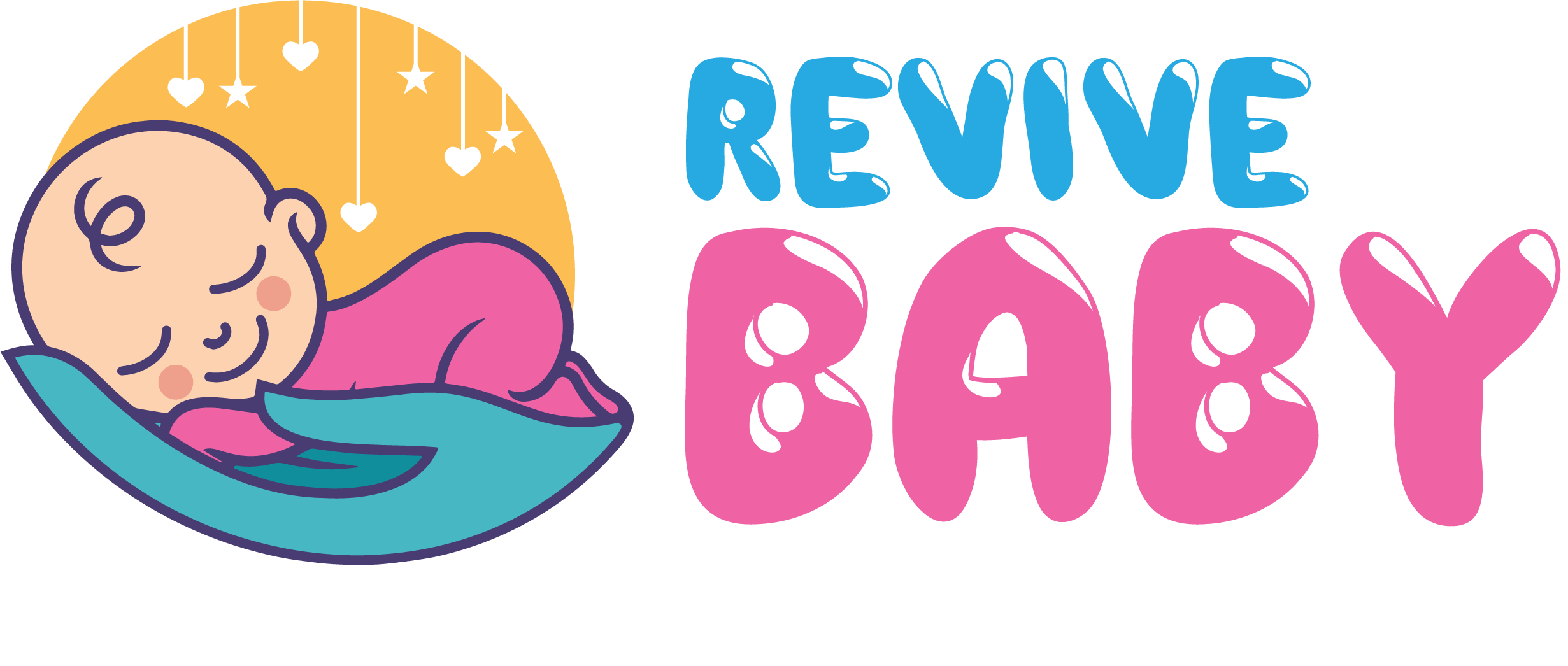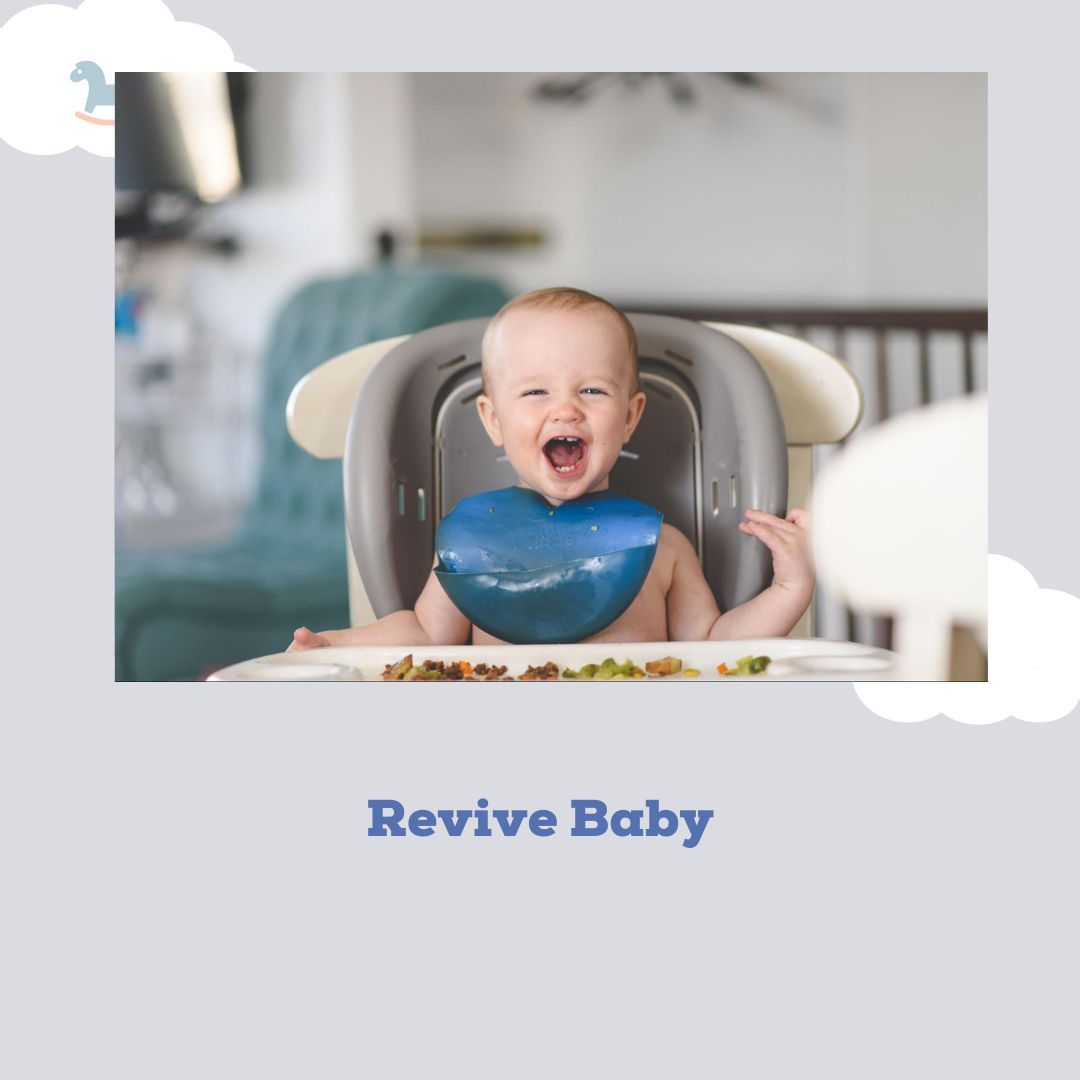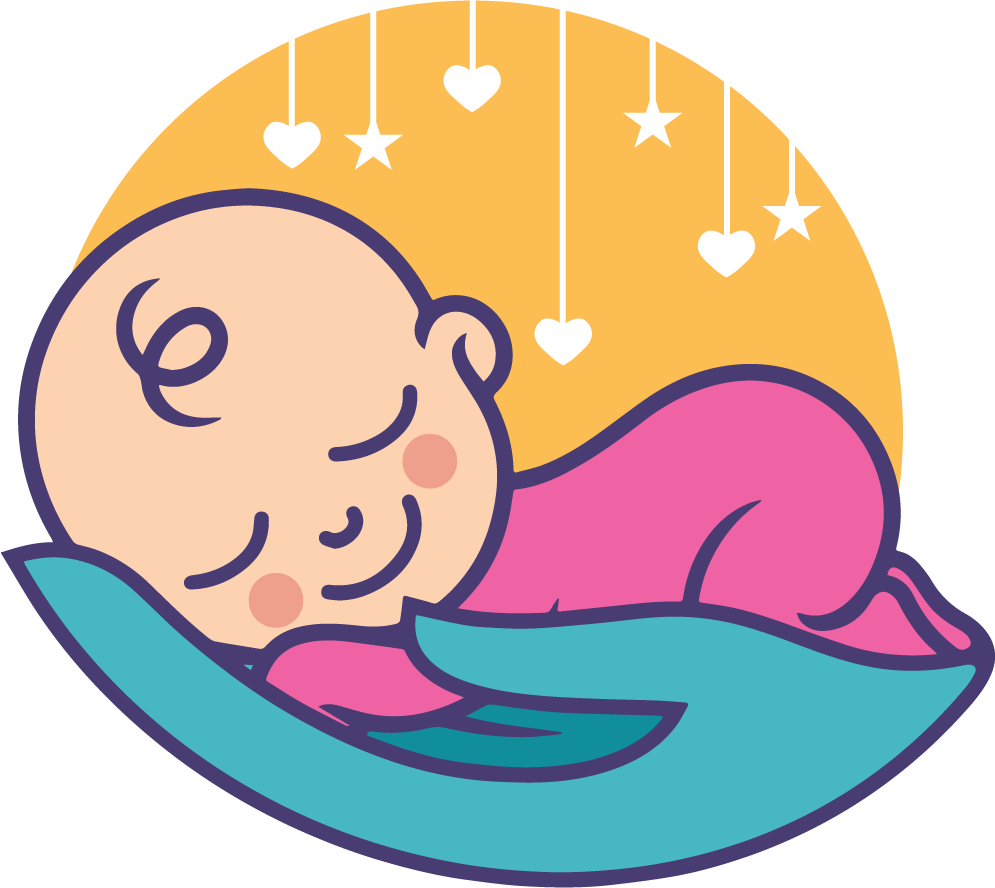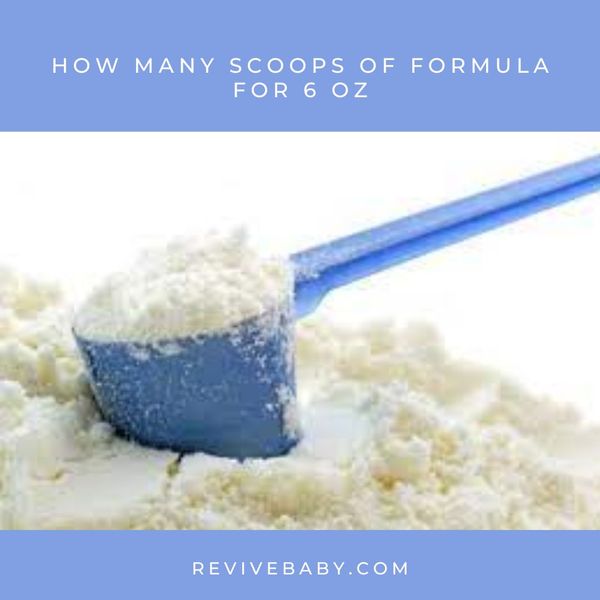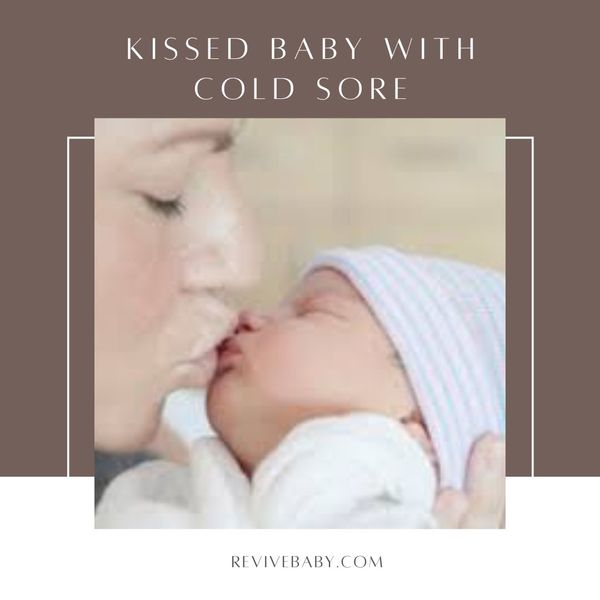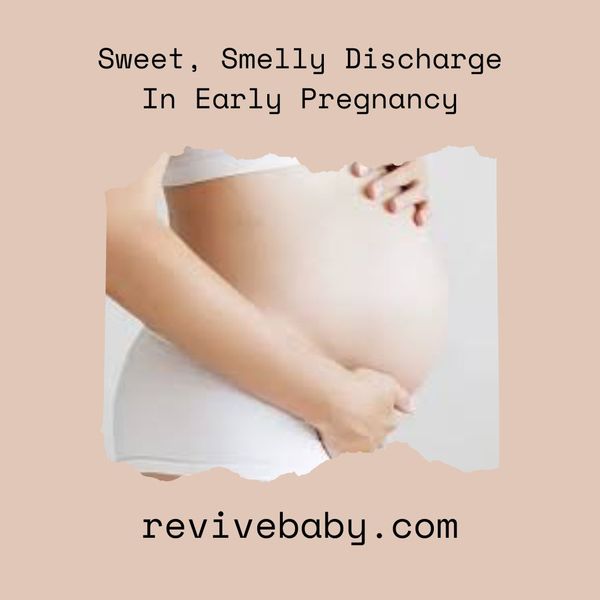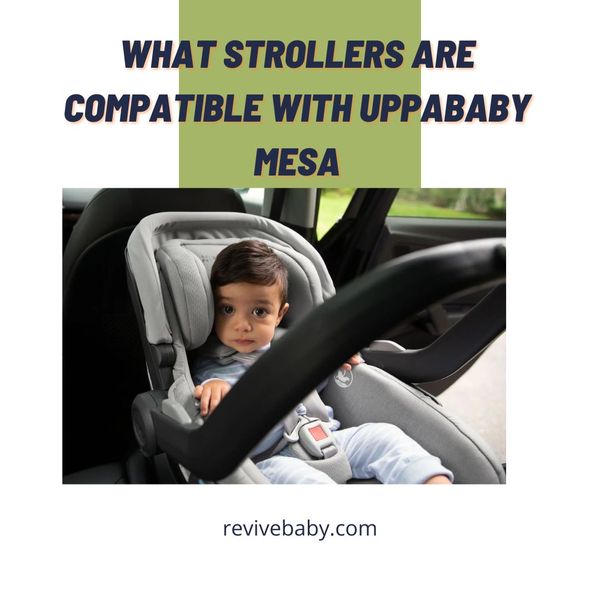For centuries, native coastal societies, such as fishing villages, have used sea moss for various purposes. It's an important part of how they make a living.
There are many buzzes about sea moss, which can be found in various consumer goods, from health beverages to cosmetics. The potential for its application in various fields is being researched.
There is mounting evidence that sea moss is effective as an adult health supplement, and its products are starting to sell in stores and online worldwide. Its potential impact on infants and the variety of applications could have received little attention.
The use of sea moss in infant products is currently being researched due to its numerous potential health benefits. However, newborns should not be fed more than recommended because it may harm their health. In that case, let us delve deeper into the subject at hand.
What Is Sea Moss?
Chondrus crispus is a type of sea moss commonly referred to as Irish moss due to its widespread distribution in the oceans surrounding Ireland and Europe.
Because of its extensive geographical distribution along the Atlantic coastlines of North America, Europe, Japan, Jamaica, and many other tiny island developing nations, sea moss is easily accessible all year.
They are soft and cartilaginous when fresh from the fridge and come in various vibrant colors such as purple, green, red, and yellow.
The golden sea moss is the most commonly used.
This type of sea moss is found throughout the world's tropical oceans. Nutritional supplement manufacturing and the cosmetics industry are two common applications.
It is common for people to confuse sea moss for seaweed. There is no need to be concerned because both are algae-like structures with comparable nutritional qualities. The most well-known type of red sea moss, nori, is frequently referred to as seaweed.
Several sea moss-based cosmetics and health supplements are available online and in stores.

Is Sea Moss Safe For Babies And Why?
Understanding the answer to this question requires understanding the reason(s) for eating sea moss. We don't use it very often, which doesn't add much flavor to our dishes. We consume it for the essential minerals it contains, such as iodine.
Furthermore, sea moss is high in fibers, which are important for human health. As a result, the components of sea moss benefit the health of people of all ages. It also contains no known human-toxic substances. As a result, it is completely safe for everyone to use, including infants.

However, the problem is that the youth consume too much sea moss. Since they only require a small amount. For example, 1 gram of sea moss contains 4 milligrams of iodine. However, the recommended daily intake is only about 100 mcg. As a result, excessive iodine administration may be harmful over time.
Is it safe for babies to eat cornstarch? It also covers baby food.
Is sea moss safe for babies? Babies can safely consume sea moss if the amount given to them is carefully controlled.
Benefits Of Sea Moss For Babies
Helps Maintain a Nutrient-Dense Diet
Sea moss contains a significant amount of fiber. It contains a whopping 22.25 grams of fiber per 100 grams. Children, like everyone else, require a daily fiber intake. It's also effective at staving off hunger for extended periods. As a result, you can eat a healthy diet with much less effort.
Full Of Iodine

Iodine is found in abundance in sea moss. It's one of the most delicious ways to get your daily dose of iodine! Iodine is an essential nutrient, especially for growing bodies. Marine moss could also be stopped because iodine deficiency can cause a wide range of thyroid problems.
A Source Of Energy
The iron content of sea moss is extremely high. Furthermore, iron is required to transport oxygen throughout the human body. Furthermore, our bodies require oxygen to generate usable energy. As a result, using sea moss contributes to the generation of energy. Children should also be energetic. Sea moss is a simple way to accomplish this.
Calcium In Sea Moss Promotes Bone Health
There can't be many people who don't understand how important calcium is for bone development. Improved bone development is especially important in children. Sea moss contains a lot of calcium. It also helps children develop healthy teeth and bones.
It Boosts Immunity
Despite several contradictory sources, A single study shows that sea moss benefits the human immune system. If this study is supported by additional research, it will confirm that children could benefit from sea moss.
Dosage And Usage Instructions
The Buddha's teachings state that one should always take the middle ground. Any excess or deficiency can be harmful or even fatal.
There can never be "too much of a good thing." This applies to many other aspects of our lives, such as our diet, sleep schedule, and work schedule.
Sea moss dosages are similarly affected.
It is best to start with a small amount of sea moss and work your way up.
Speaking with a dietitian, doctor, or pediatrician is another option.
If used regularly, sea moss contains a high concentration of iodine, which can be toxic in high doses and cause thyroid problems and other deficiencies.
Precautions And Side Effects
Only those who live on the coast or islands are known to consume sea moss, implying that it may be especially beneficial to their metabolism.
Despite the numerous health benefits provided by sea moss, there are risks associated with its frequent use. Sea moss contains a significant amount of iodine.
The daily iodine dose recommendation for infants under six months is 110 mcg, while the upper limit for adults is 150 mcg.
When these daily prescribed doses are not followed, diseases like hypothyroidism and disorders like Hashimoto's disease become risks.
The oceans have become floating garbage dumps for our industrialized society's byproducts.
A heavy metal junkyard has also established itself here. Another issue with sea moss is heavy metal pollution.
Conclusion
Sea moss is being researched as a potential baby food due to its high nutrient content.
Moderation, on the other hand, is the key. Consider incorporating this superfood into various healthy recipes to entice your baby.
Sea moss makes us as strong as steel and smooth as glass and is an undeniably essential superfood.
It is safe to use for anyone of any age. However, moderation is required; excessive use will have negative consequences.
